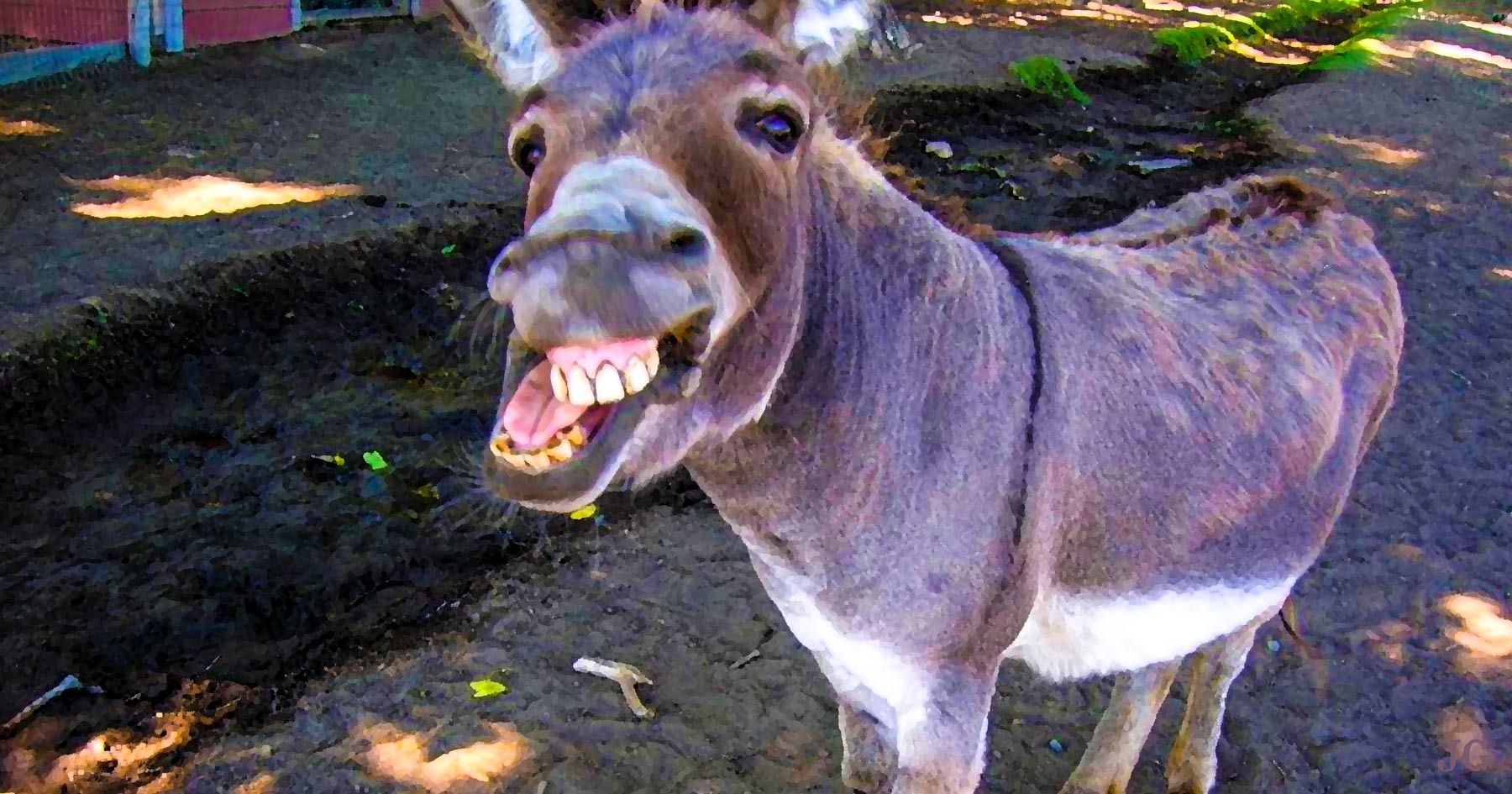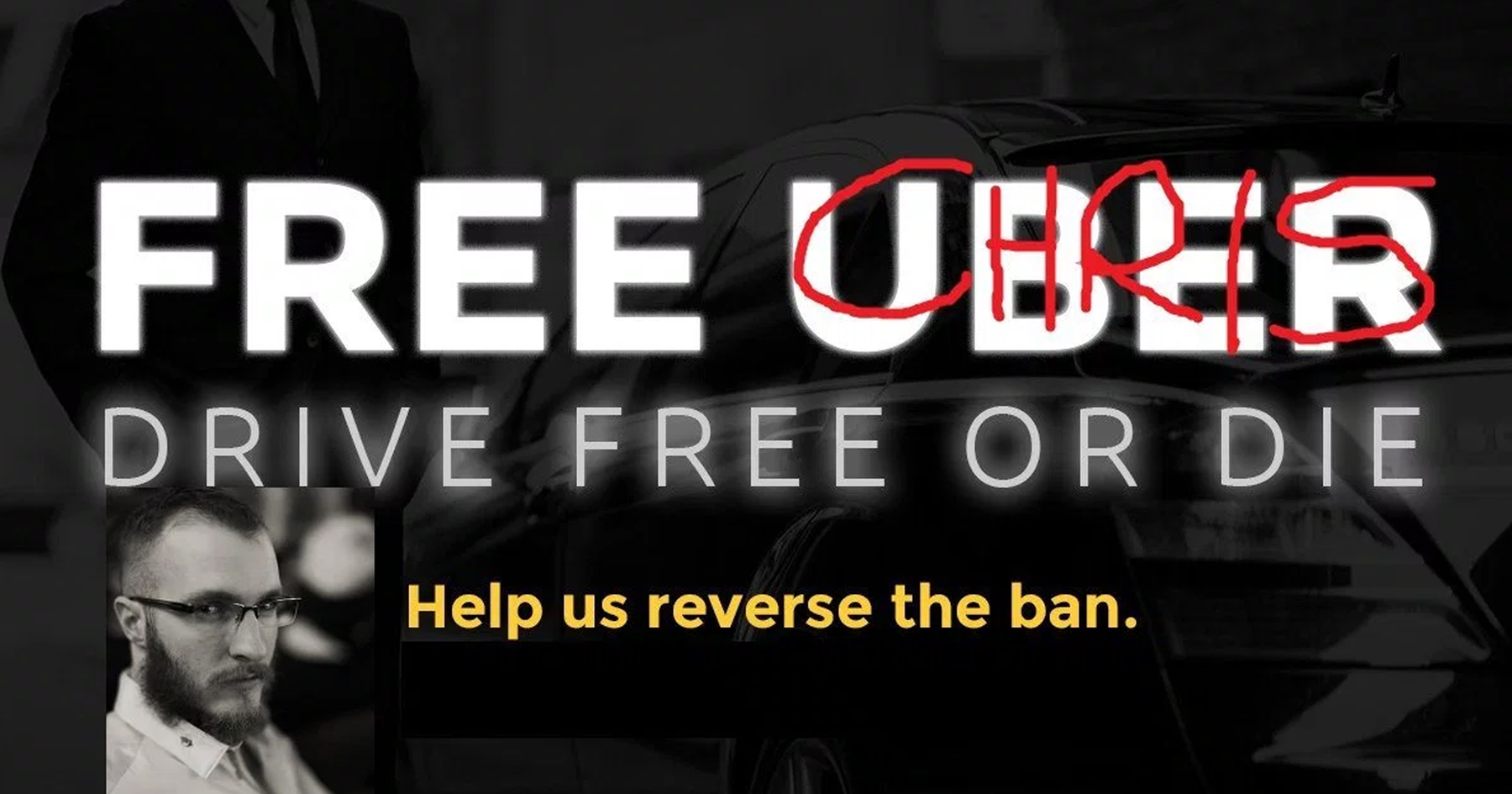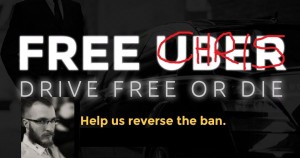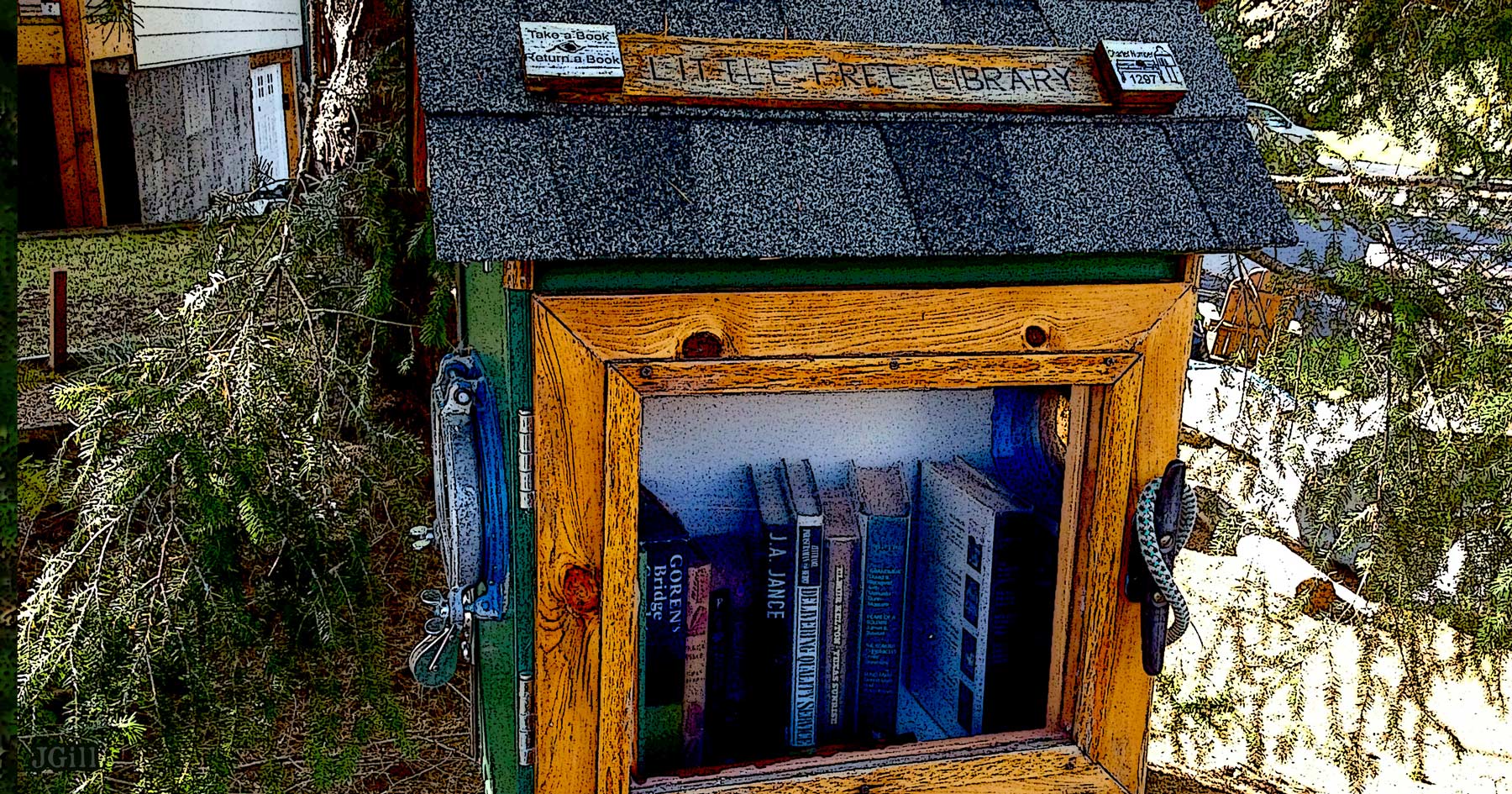There is a big difference between government designed to protect our rights and a government tasked with protecting us from ourselves.
You couldn’t find a better example of this than the current Federal Drug Administration and its regulation of vaping.
Vaping is the imbibing of water vapor laced with nicotine and other ingredients. It is designed to replace the smoking of tobacco cigarettes. It is much, much less harmful than smoking. The genius of this innovation is that while it looks a lot like smoking, it involves no smoke. But it does involve inhaling, and blowing out wisps of … well, vapor.
It’s safer than smoking because smoking tobacco involves burning organic (and inorganic) matter, which puts tars and other chemical substances into one’s lungs.
But the competing companies that make the product are not allowed to tell us about its advantages.
New regulations of the e‑cigarette industry from the FDA prohibit a lot of truth-telling in advertising. “Even if a few companies survive the shakeout caused by the FDA’s onerous regulations,” Jacob Sullum writes in Reason, “they will not be allowed to tell consumers the truth about their products.” It appears that “any intimation that noncombustible, tobacco-free e‑cigarettes are safer than the conventional, tobacco-burning kind” places them under a category that simply must “be marketed only with prior approval.”
The legal judgments Sullum quotes will make you sicker … than your first cigarette puff.
Paternalistic government designed to save us from our vices ends up blocking us from actually lessening the bad effect of those vices.
Some help.
This is Common Sense. I’m Paul Jacob.
Photo credit: micadew on Flickr











